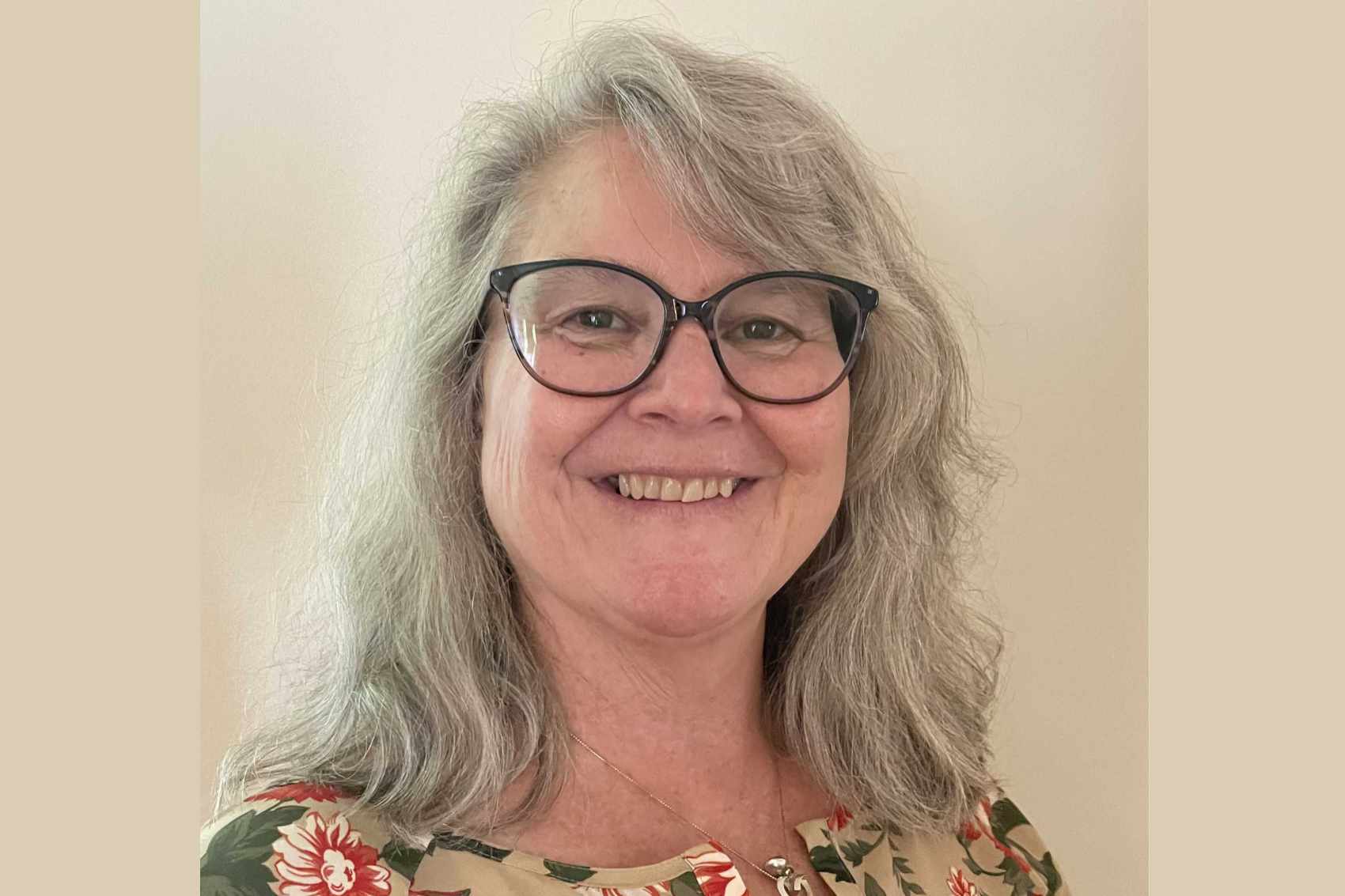
DSU Researcher’s Gun Possession Research findings released
Dr. Dorothy Dillard, Director of the DSU Center for Neighborhood Revitalization and Research, recently released the findings of her research on “Gun Possession among young African American men in Wilmington, Del.”
The study was funded by a $1 million grant by the National Collaborative of Gun Violence Research. The funding went to the Thurgood Marshall College Fund, which in turn distributed it to researchers at four HBCUs – Coppin State University, Texas Southern University, Jackson State University, and Delaware State University.
As a Co-Principal Investigator of the Grant, Dr. Dillard partnered with the Wilmington-based Center for Structural Equity, a grass roots organization working to reduce gun violence.
The three-year project entailed interviewing 91 young African American males (teens and young adults) to learn why they believed they needed to own a gun.
The findings of the research revealed that the young male teens and men generally were exposed to violence, guns and gun violence at an early age. The research also found the subjects cited the Wilmington environment where they live as the primary reason they owned guns.
The finding led to the development of recommendations by researcher as well as adult and teen participants in the project that community members are working to implement to help curb gun violence in Wilmington.
The recommendations included:
- Address systemic inequities.
- Improve police training and community-police relations
- Increase community involvement in gun research
- Enact data driven gun law reforms implement behavioral interventions
- Increase political will and understanding
Dr. Dillard said the significance of this study is three-fold as it provides a model for collaborative research across HBCUs. “It engages community serving organizations in an equitable and defining role, shortening the adaptation of research findings into action,” Dr. Dillard said. “And most importantly, this study highlights the lives and realities of a marginalized population most likely to be both victims and perpetrators of gun violence.”

